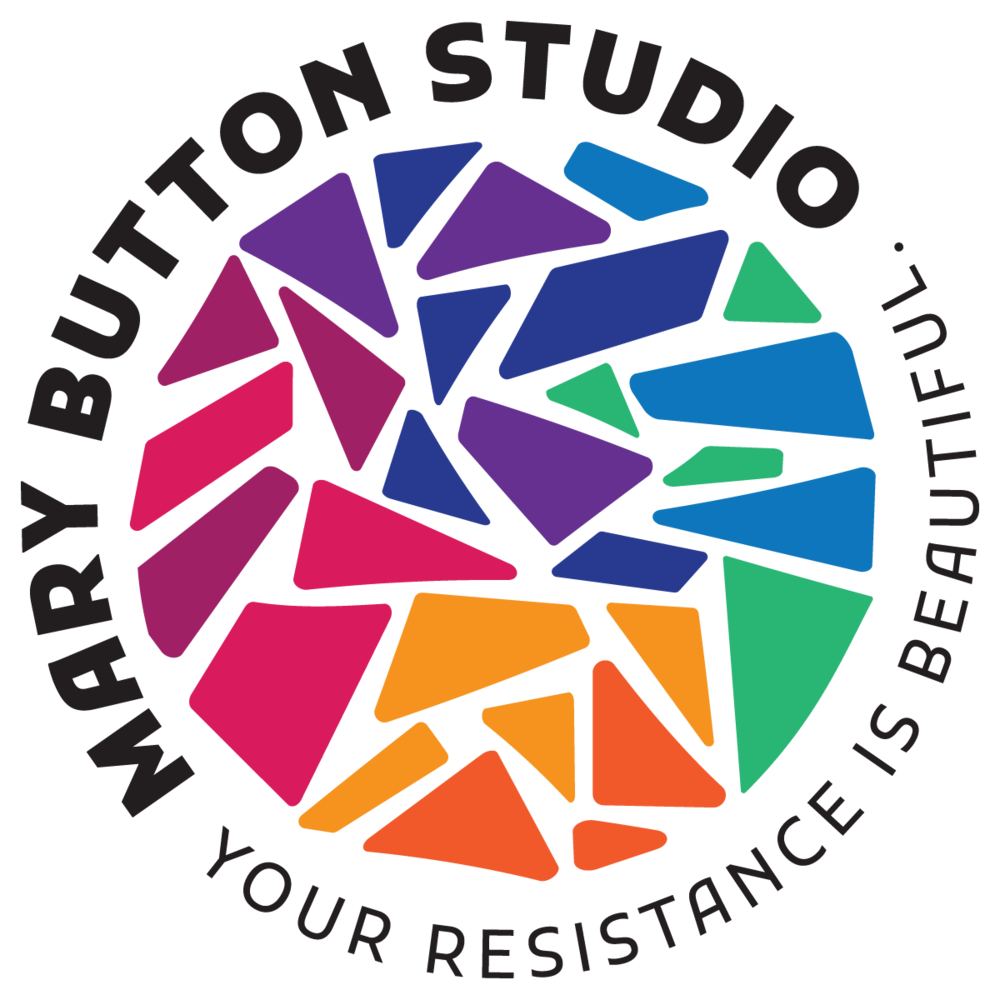I’m not from Louisiana, I’m just a Louisiana partisan who happened to grow up in coastal Texas. Both of my parents are from Baton Rouge and moved back to their hometown almost ten years ago. Growing up, my brother and I spent a big chunk of our school breaks and holidays in Louisiana with family. I was blessed with a childhood filled with crawfish boils, tall tales (and dirty jokes) from Cajun relatives, and lots and lots of trips to New Orleans.
Louisiana has a big piece of my heart. Which means I’m heartsick a lot of the time.
Louisiana is the bellwether of the nation when it comes to disasters both natural and unnatural.
The state loses landmass the size of Manhattan every year to coastal erosion, the result of the logging and oil and gas industries. The loss of barrier islands, cypress marshes, and swamps makes Louisiana more vulnerable to the increasingly powerful hurricanes in the Gulf of Mexico.
The state also ranks second in the country in toxic chemical release and cancer rates. The impact of the petrochemical and oil and gas industries isn’t just environmental, but human as well. “Cancer Alley” is what Louisianians call the 85 mile stretch along the Mississippi River from Baton Rouge to New Orleans.
Over the years, I’ve made a lot of artwork about Louisiana. Two of my Stations of the Cross series have artworks illustrating some of the social injustices experienced by residents of the state. My Stations of the Cross: Climate Change series focused on one particular aspect of climate change: the biodiversity crisis. My first station in that series addressed the impact of factory farming on the environment. That impact is most evident in the tributaries of the Mississippi River where nitrogen-rich fertilizer seeps into its waters. When the resulting nitrogen run-off reaches the Gulf of Mexico, it cuts off the oxygen needed to sustain ocean life, creating a “dead zone,” a region that cannot support life. The Mississippi and its tributaries form the central design of this station, combined with drawings of the algae build-up that results from nitrogen.
I started the series with a station about Louisiana because it was my way of naming my own social location. I started with Louisiana because it’s where a big piece of my heart is. And when it came time for another Stations of the Cross series about a global justice issue, I again began with Louisiana.
This year’s project, Stations of the Cross: Refugee Journeys, is an exploration of human movement all over the world. Each of the fourteen stations in this year’s series explores the movement of people from one place to another. It begins with the Biloxi-Chitimacha-Choctaw Tribe in Isle de Jean Charles. The tribe is quickly losing their island home in south Louisiana due to coastal erosion and the resulting rising waters. Oil and gas production in south Louisiana has irreparably damaged Indigenous land. Some tribe members remain on the shrinking barrier island, while others have moved inland. Efforts to work with the state government to acquire land near Houma fell apart disastrously. The New York Times have called the tribe the first American climate refugees. The tribe was also the inspiration for the bayou community in Beasts of the Southern Wild.
The coronavirus death toll in Louisiana is mounting. With the high rates of cancer and the toxic impact of the petrochemical and oil and gas industries on people’s health, many Louisianaians have underlying issues which make them more vulnerable to the coronavirus. It has also become clear that asymptomatic carriers of the virus were among the more than one million people who attended Mardi Gras in New Orleans. There are almost fifteen thousand cases in the state with more than 500 deaths so far.
Will you be with me in prayer for healthcare workers in Louisiana?
God of earth and air, water and fire, height and depth, we pray for those who work in danger, who rush in to bring hope and help and comfort when others flee to safety, whose mission is to seek and save, serve and protect, and whose presence embodies the protection of the Good Shepherd.
Give them caution and concern for one another, so that is safety they may do what must be done, under your watchful eye. Support them in their courage and dedication that they may continue to save lives, ease pain, and mend the torn fabric of lives and social order; through Jesus Christ our Lord. Amen.
From Evangelical Lutheran Worship


